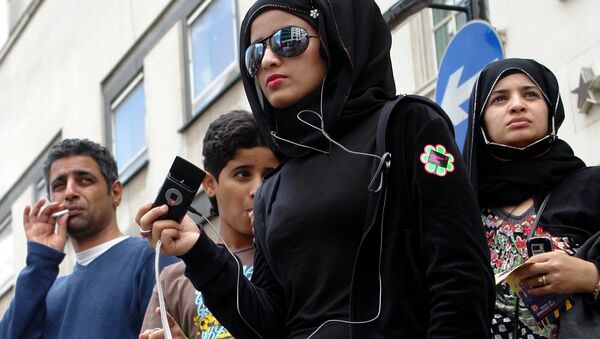The plans have attracted criticism from some quarters, especially given the requirement for schools to spot and report signs of radicalization in pupils.
In a submission to the Home Affairs Select Committee Inquiry into the government's anti-terror strategy, Anderson wrote that some parts of Prevent were "ineffective or being applied in an insensitive or discriminatory manner."
Over-Reactions on Prevent Are Causing Fears Within Muslim Students https://t.co/7v2YhFF2Aw #Prevent pic.twitter.com/Y0fkyv8oPy
— TellMAMAUK (@TellMamaUK) January 29, 2016
"It seems to me that Prevent could benefit from independent review," he added.
"It is perverse that Prevent has become a more significant source of grievance in affected communities than the police and ministerial powers that are exercised […] The lack of transparency in the operation of Prevent encourages rumor and mistrust to spread and to fester."
'Prevent Reinforces Stereotypes'
The concerns over the UK's approach to countering homegrown terror were also shared by a number of critics who gave evidence at a select committee inquiry in the House of Commons.
Raheel @CommonsHomeAffs "gov #prevent strategy is seen as a blunt instrument, not doing any prevention, it's stigmatising whole communities"
— Maslaha (@Maslaha) February 2, 2016
Raheel Mohammed, the director of Maslaha, a group that works with British Muslim communities, called for a review of Prevent, arguing that it reinforces stereotypes of Muslim communities.
"Prevent is seen by many educators… [and] by many in the [Muslim] community as being a blunt instrument," he said.
"What it's doing is stigmatizing whole communities […] I don't think what's happening in schools right now would help a teacher… to spot signs of extremism."
Other critics argued that the emphasis placed on schools and other institutions to spot the signs of extremism was creating an atmosphere of suspicion, and was in fact preventing schools from openly discussing issues associated with extremism.



